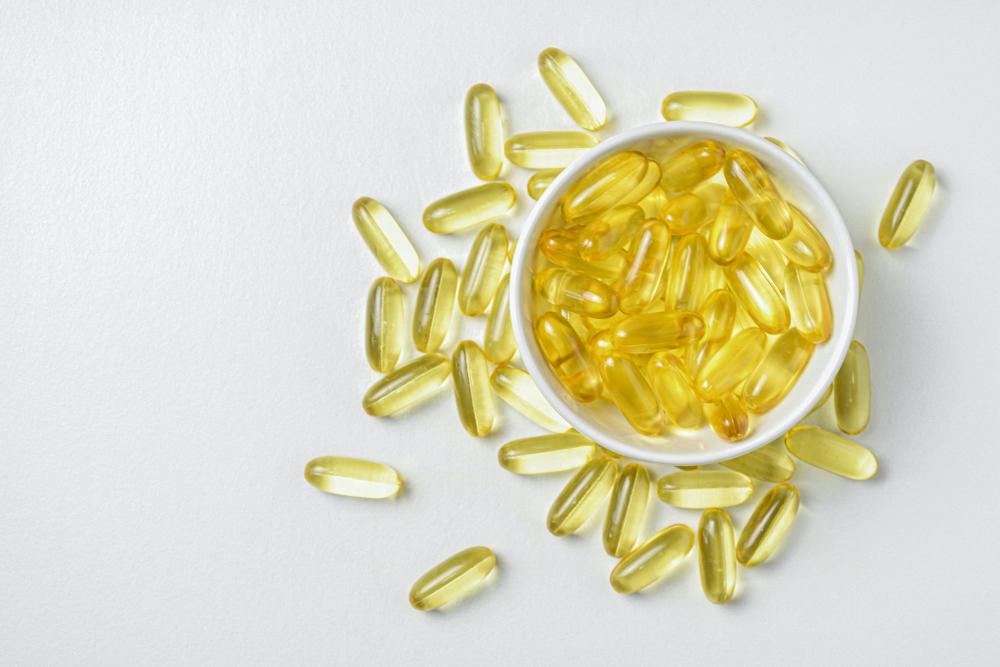Fuel Your Body: The Top Food Supplements for Exercise

Getting all the nutrition you need to exercise at full intensity from food alone can be difficult without food supplements providing an extra boost.
Some supplements take a while to build up in the body (we’re looking at you, vitamins), making them a long-term booster, while others, like protein, get to work within hours, giving your exercise and recovery a welcome kick.
Some of our favourites:
Creatine
An absolute superstar and one of the most recommended supplements by sports experts.
Your body produces creatine in your muscles and brain, helping to crank out energy for high-intensity exercises like sprinting and weightlifting.
The research backing creatine is solid, with notable gains in exercises like the leg press and bench press after just 6 weeks of use during resistance training.
Even better, creatine has an excellent safety profile as one of the most studied supplements. Loose creatine powder is decent for shakes, while capsules and tablets are better for quick consumption with water.
L-carnitine
L-carnitine is an amino acid derivative produced by the body that plays a crucial role in energy production by transporting fatty acids into the mitochondria to be burned for energy.
It may aid exercise recovery by increasing muscle oxygen supply, reducing muscle soreness, and improving post-workout energy levels.
Beef, pork, chicken, milk and dairy products contain small amounts of L-carnitine, but the best way to get it is with L-carnitine supplements.
L-glutamine
L-glutamine is a non-essential amino acid produced by the body in muscle tissues. It transports nitrogen for cell growth/division, neural function, intestinal health, and immune system stimulation.
During exercise, your muscles use significant amounts of glutamine to meet increased energy needs, which can deplete your stores. Supplementing ensures you have enough of it to recover from strenuous workout activities.
L-arginine
L-arginine is involved in protein synthesis and can signal muscle cells to release growth hormone and aid fat metabolism, promoting lean muscle mass gains.
L-arginine might also help dilate blood vessels, increasing blood flow, oxygen and nutrient delivery to muscles during workouts as a precursor to nitric oxide.
Protein
Your body uses protein to repair and grow muscle, and there are slow and fast amino-acid-forming types -- whey digests within an hour to create blood amino acids, while casein is slower and prevents excessive protein breakdown.
Protein powders make getting that much-needed protein hit easy, especially during workouts when your muscles are primed and ready to refuel.
Mix a shake or smoothie with your favourite protein powder—whey from milk is a great option that delivers a complete array of amino acids. You can also go plant-based with powders made from peas, rice, or other vegan-friendly sources.
B Vitamins
The major B vitamins relevant for sports performance include thiamine (B1), riboflavin (B2), niacin (B3), pantothenic acid (B5), vitamin B6, folate (B9), and vitamin B12.
Each specific B vitamin has important functions, such as thiamine and riboflavin aiding aerobic energy production, niacin supporting brain function, B6 allowing amino acid metabolism for muscle repair, and folate assisting cell division and growth.
Magnesium
Magnesium helps with energy metabolism, muscle function, and cardiorespiratory processes during exercise. It also produces ATP (adenosine triphosphate), which is the main energy currency cells use.
Many post-workout shakes contain magnesium to alleviate pain and muscle cramps. Magnesium helps muscles relax properly by regulating contractions and acting as a natural calcium blocker to prevent excessive lactic acid build-up.
Leucine
Another star player is leucine, a branched-chain amino acid fuelling your skeletal muscles during workouts.
But leucine's real superpower is repairing and building lean muscle tissue. It activates specific pathways that tell your muscles, "OK, time to grow!". Bodybuilders are big fans of leucine for this very reason.
You can get leucine from meat, eggs and dairy, but leucine supplements provide an extra concentrated dose.
HMB
For reducing muscle damage from intense exercise, HMB is worth a look.
It's produced when your body breaks down leucine and acts almost like a bodyguard, protecting those muscle cells from breakdown.
Research suggests it can minimise damage, improve strength and endurance, and shorten recovery times. It may be helpful for injury rehab or preventing muscle loss during inactivity.
Caffeine
A cup of coffee can amp up your exercise performance, and it's a popular pre-workout ingredient in shakes. Studies show it can increase endurance at ~3-6mg per kg of body weight before exercise.
Overdoing it can cause side effects like jitters and insomnia, so stick to reasonable amounts and avoid it six hours before bedtime.
Beta-alanine
Beta-alanine is a superstar for preventing muscle fatigue and burnout from lactic acid build-up during high-intensity activities.
By battling that acid, you can work out harder for longer and recover faster. The research looks good, with studies noting improvements in strength and endurance and the ability to crank out more reps after consistent beta-alanine supplementation.
Summing up
There’s no replacement for a healthy diet to get your nutritional kicks, but food supplements let you home in on specific exercise-boosting ingredients like creatine – fantastic for enhancing your ATP – and B vitamins for energy metabolism.
FSC’s food supplement collection includes amino acids, antioxidants, digestion aids, oils, and superfoods like linseeds to enhance exercise.











